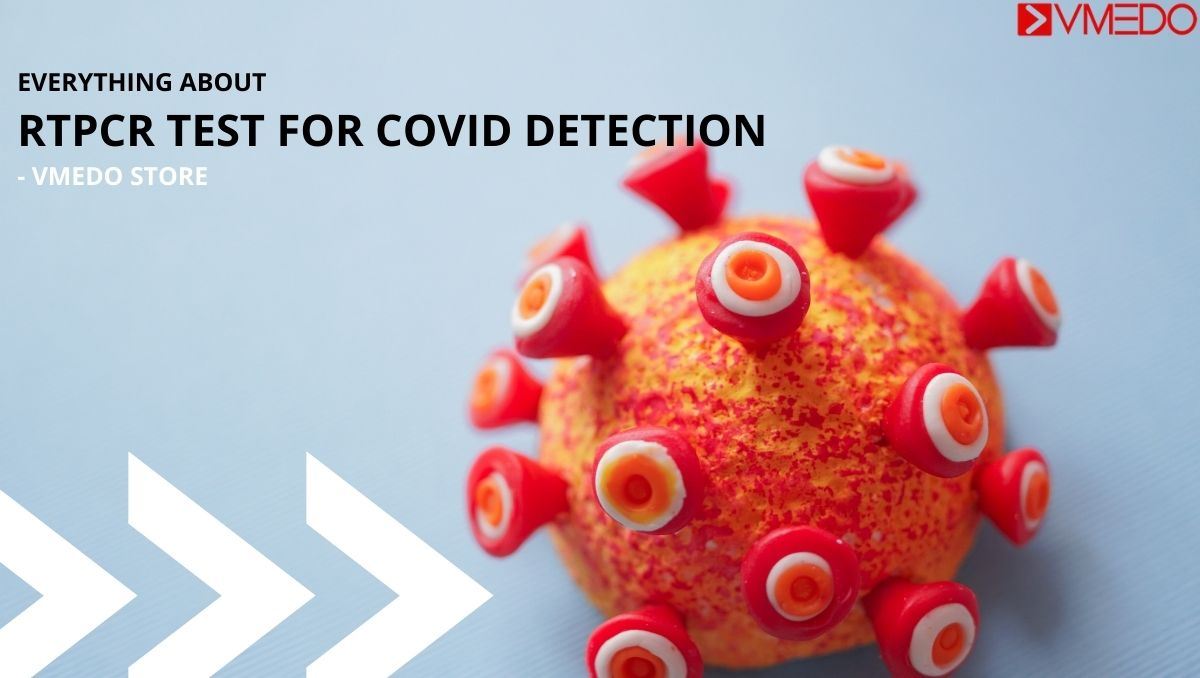RTPCR or Reverse Transcription Polymerase Chain Reaction, tests have been the most commonly used tests to check for COVID-19 infections since the beginning of the pandemic in India
In this test, a small amount of DNA is taken through a swab from the test candidate, which is then used to amplify specific sequences of the genetic material and diagnose if there is an infection.
The swab can either be nasopharyngeal or oropharyngeal, which means it can be sampled from both the nose and the throat. This sample is then sent for the RT-PCR test, which includes many steps to convert the RNA into viral DNA. This test is specific to check for COVID-19 infection alone. If a person tests positive, it means that they have COVID-19.
The only contradictions of this test are that it doesn’t show if the person has been exposed to the virus strain before, and if after taking this test if he/she tests negative but after a few days the person develops symptoms, then he/she might have to undergo through this test another time to get accurate results.
If a person shows symptoms like dry cough, fever, fatigue, headache, body ache, sore throat, loss of smell and taste, nausea, vomiting then this test comes into action because the time taken for the results varies between 2 to 3 days and most of the tests are accurate in all aspects, they are high in sensitivity and specificity.
RTPCR tests can be taken anytime through established facilities if anyone reports symptoms that I’ve mentioned above. Most of these tests are carried out at specially designed facilities with trained personnel.
RTPCR tests are carried out in almost every private or government hospital in the wake of the current situation. Many test centres have also been established in many major as well as rural areas.
The cost of the RTPCR test varies from place to place but this test generally costs between 1000 to 2000 rupees while in government labs this test is made free. In recent months, home test kits, for RTPCR test have also become available which allows people to collect their own sample, generally mucus or spit, and can send it to a lab for analysis, hence overnight results of their test become available.
The home test kits are quite easy to use if people using them are taught the proper technique for collecting their own samples. If done in a proper way, the yielded results can be just as accurate as those performed by health care workers.
Apart from the most preferred, RTPCR test, there are a few more tests that can be used for the detection of the Covid-19 virus, some of them I’ve enlisted below
• Antigen test, which is also known as the rapid test –
The antigen test is often referred to as the rapid test because the time taken for these tests is much quicker than the RTPCR test. It is also cheaper when compared to the RTPCR test.
The antigen tests are often used to screen large numbers of people at airports, railway stations, and places where a test for the virus needs to be done immediately.
• Antibody test, which is also known as the blood test or serology test –
In this, test looks for antibodies to the Covid- 19 virus. Antibodies are proteins that your immune system produces to fight off a foreign invader, like a virus. This test tells us if any person has been infected with the Covid-19 virus at some point in the past, even if the infection occurred
months ago.
Antibody testing has a role to play in the current pandemic because it can provide information on the presence of the infection in the population and the frequency of asymptomatic infection

